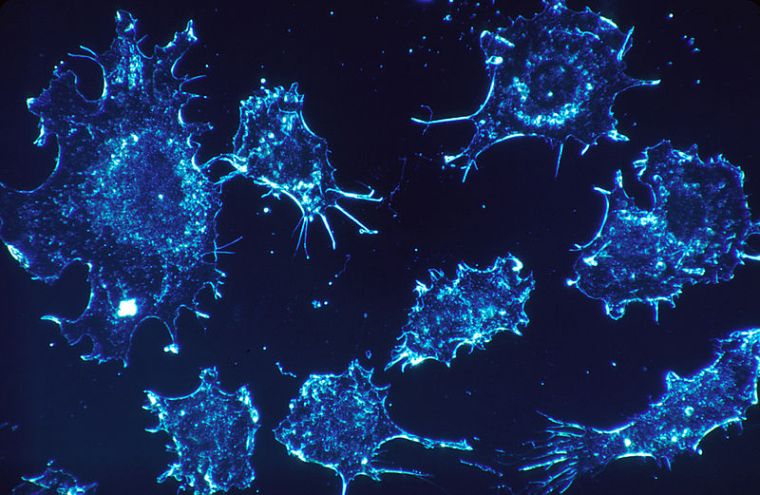Cancer cure news 2018: Doctors reveal new method to detect cancer cells at its most 'curable' stages

The cure for cancer has taken a giant step forward after the development of a project titled "CancerSEEK." The said project was developed by a medical team at John Hopkins University in the United States.
The principle behind the project is to detect cancer at its most curable stages. This detection is done through a unique blood test that is revealed to be capable of discovering up to eight diseases at once.
Particularly, these eight diseases are ovarian, esophageal, pancreatic, stomach, liver, breast, colorectal, and lung cancers. These were all in the report published in the Science journal.
The blood tests are unique due to its ability to detect mutated genes in the DNA of the person. The test checks the status of eight proteins along with the 16 genes in detecting cancer.
By detecting mutated genes early, researchers believe that they can formulate several strategies in combating and curing the cancer cells. So, while not exactly a quick cure for cancer, CancerSEEK prevents and cures it more efficiently compared to previous methods.
"This field of early detection is critical. I think this can have an enormous impact on cancer mortality. The earlier a cancer is found, the greater the chance of being able to treat it," said Dr. Cristian Tomasetti from the John Hopkins University team in an interview with British Broadcasting Corporation.
CancerSEEK was tested on an estimate of 1,000 cancer patients. It is to be noted that the cancer patients who were tested were not in the grave stages where the cancer had already spread to other tissues.
According to the researchers' findings, 70 percent of the results were accurate, detecting cancer cells of all sorts from their list. Despite the high success rate, the team from John Hopkins University has not released it publicly yet.
However, the research team gave an estimate of how much it could possibly cost, which is around $500 — cheaper or similar in price when compared with conventional methods for detecting cancer.











